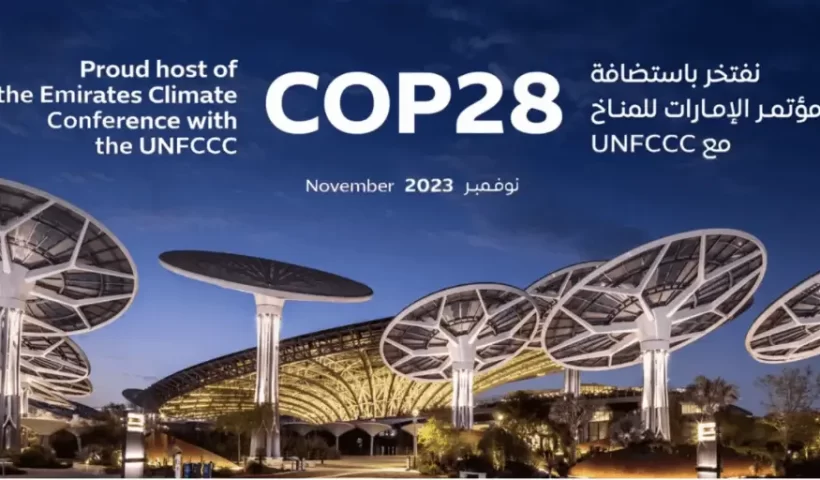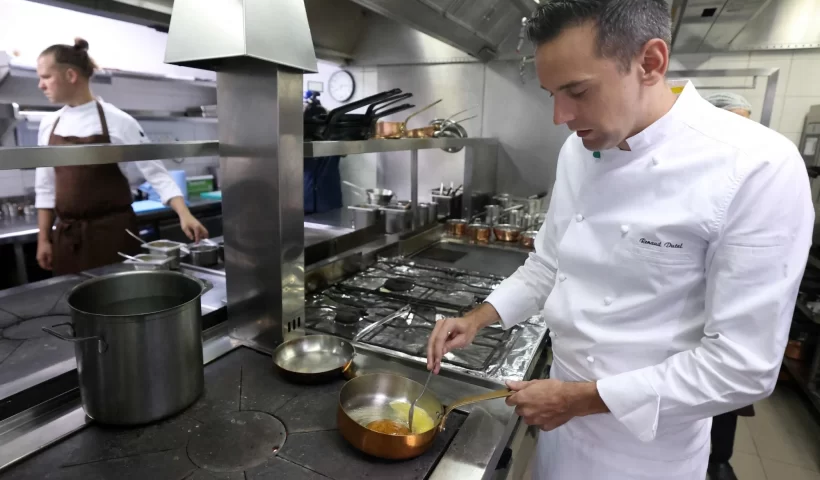As part of the process to develop the action agenda for this year’s climate conference, the UAE COP28 leadership unveiled their Agenda on Food Systems and Agriculture. During the final day of the Food Systems Summit in Rome, the COP28 chair, Mariam bint Mohammed Almheiri, the UAE’s minister of climate change and environment and leader of the COP28 food systems, called on governments to demonstrate “leadership” by executing the first Leaders’ Declaration on Food systems, agriculture, and climate action.
In line with their Nationally Determined Contributions (NDCs), National Adaptation Plans (NAPs), and National Biodiversity plans and Action Plans (NBSAPs), national governments are urged by the Declaration to harmonize their national food systems and agricultural plans. Additionally, it will honor nations that are setting the standard by putting food systems at the center of the climate process.
Furthermore, the chair of COP28 urges a broad coalition of stakeholders in agricultural and food systems to quicken ongoing projects related to agriculture, food systems, and climate action. The declaration comes after the UAE government recently pledged in its third update of its second NDC to expedite steps to decrease domestic emissions by 40% by 2030, comparing to the business-as-usual scenario.
The chair of COP28 urges all parties to think about increasing their goals by revising their NDCs, fulfilling past pledges like investing $100 billion for climate change, and supplying what is required for COP28, such as funds and contingencies for loss and damage.
A flagship project that is backed by procurement and financial commitments has also been started as part of this partnership to encourage more widespread implementation of regenerative agriculture across diverse food landscapes. This effort will be co-chaired by the Boston Consultancy Group (BCG), the World Business Council for Sustainable Development (WBCSD), and the United Nations High-Level Champions on Climate Change.
According to COP28 Food Systems Officer Mariam Almeirhi, “The COP28 chair’s pledge of prioritising food systems shows a commitment to addressing pressing global challenges.” COP28 seeks to bring about revolutionary change to guarantee a sustainable future for all through financing mobilization, engagement of non-state actors, scaling up creativity, and national leadership mobilization.
Not only are food systems essential for addressing societal demands and facilitating climate change adaptation, but they also contribute significantly to global greenhouse gas emissions—up to 33% of total emissions, based on the most recent data. In addition to contributing to the loss of biodiversity and ecosystems, current techniques use 70% of fresh water and may have detrimental effects on health in certain situations.
Leveraging national and international mechanisms, such as the Agricultural Innovation Mission for Climate (AIM for Climate), the CGIAR, as well the Commission on Innovation for Climate Change, Food Security, and Agriculture, the COP28 chair called for action to boost innovation in food and agriculture in order to promote both development and climate action.
The chair will choose investments in a select few high-impact technologies in collaboration with partners, with an emphasis on smallholder and climate-vulnerable populations and producers. improving promising appropriate technologies, techniques, and creativity can help all actors in the global food system to adapt and mitigate to increasing risks from rising temperatures and climate shocks. Traditional agricultural practices have a positive impact on food systems and help us respond to the realities of climate change.
The COP28 chair will complement COP26, COP27, and UN food systems initiatives by collaborating with the UN Food Systems Coordination Hub and a wide range of partners to build on the substantial momentum and activities already under way at the global, regional, and national levels in order to advance the food systems and agriculture agenda.
Keeping 1.5°C within reach and adapting food systems quickly to climate consequences are key components of the COP28 agenda, which emphasizes equitable development, sustainable livelihoods, and human well-being. The Global Goal on Adaptation, which is also being advocated for adoption at COP28, places a strong emphasis on food systems and agriculture, according to the COP28 Chair.


